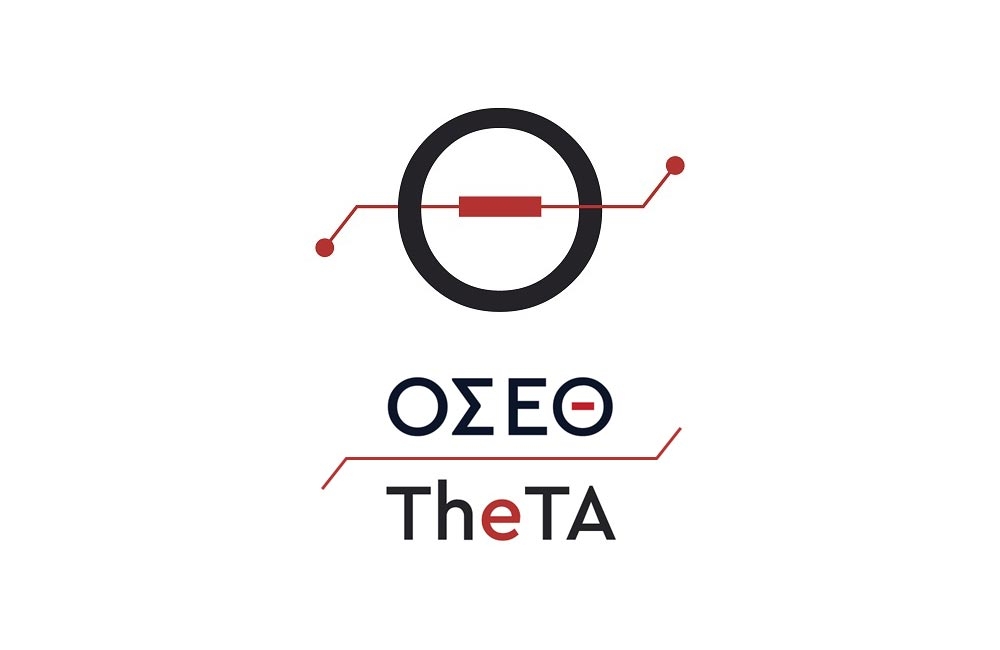SUNRISE Project



What is SUNRISE?
SUNRISE is the acronym for Sustainable Urban Neighborhoods Research and Implementation Support in Europe. The SUNRISE mission is to develop, implement, assess and facilitate co-learning about new, collaborative ways to address common urban mobility challenges at the urban district level through “neighborhood mobility labs” and thus to lay the foundation for a Sustainable Neighborhood Mobility Planning concept.
SUNRISE has its own empirical programme, that is, a carefully planned set of interventions in six “action neighborhoods” within their respective city. Concretely, one neighborhood each in the cities of Bremen, Budapest, Jerusalem, Malmö, Thessaloniki, Southend-on-sea will run a highly participatory “co-creation” process with their residents and stakeholders to identify local needs, to develop new transport solutions, to implement and to evaluate them – all with the guidance and assistance of the support partners urbanista, Rupprecht Consult, POLIS, TU Wien, Edinburgh Napier University – Transport Research Institute, Zaragoza Logistics Center and Koucky& Partners.
All cities are strongly committed to sustainable mobility and co-creation principles. They all have city-wide mobility strategies (esp. SUMP), yet realise that large innovative potentials are untapped at the neighbourhood level which requires the proactive involvement of local communities for lasting and publicly embraced solutions to urban mobility challenges.
SUNRISE uses several methods based on different strategies for mobilisation and participation.
- Quantitative and qualitative methods of co-collecting and co-analyzing information.
- Action research – researchers and consultants are not restricted to analysis but they take part to the co-processes of change.
- Transdisciplinary and involvement of urban and regional stakeholders of politics, administration and private, organized and non-organized citizens.
- Deployment of “citizen science” – specific forms of the involvement of organized and non-organized citizens for the first time in the field of urban development and mobility behavioral change
- The use of the internet (mobile and stationary) as tool for interactive, more inclusive and more transparent participation processes
- To use of internet as a tool to mobilize “crowd wisdom”, collective intelligence and creativity
Τhe neighborhood of Neo Rysio
Car is a dominant transport mode in the neighborhood of Neo Rysio in the Municipality of Thermi (Thessaloniki, GR) and the SUNRISE intervention aims at triggering a paradigm change in the neighborhood, based on a co-creative decision-making process, as well as modal split change in favor of sustainable and shared mobility solutions. TheTA, in close cooperation with a number of relevant local stakeholders, will champion the planning, implementation, monitoring and evaluation of the SUNRISE co-creative process, by using traditional and innovative participatory processes, aiming at the enhancement of public transport, the introduction of information technology and shared economy based solutions to improve sustainable mobility, as well as the reallocation of public space through the implementation of relevant small scale mobility infrastructure.
The neighborhood of Neo Rysio is located in the Municipality of Thermi, about 20 kms from the city centre of the Municipality of Thessaloniki. With a population of 2,952 inhabitants (2011 Census), Neo Rysio consists primarily of residential areas with local commercial activity and it has strong functional relationship with the urban core of the municipality of Thermi, as well as the centre of Thessaloniki, in terms of administrative, economic, health, educational, and other lifestyle-related activities. The 15,000 km2 area has undergone a noteworthy population increase of 65%, during the decade 2001-2011, which is indicative of the dynamics and the people-focused potential of this neighborhood. Emphasis should be given to new residents that are developing new mobility habits and therefore are more receptive to new sustainable travel choices. Finally, in Νeo Rysio there is a high degree of sense of belonging and cultural linkage that dates back to the historical roots of Neo Rysio as a refuge of relocated Greek populations during the 1920s.
The main challenges for the future are related to its suburban character, thus mobility is an issue of utmost relevance and importance. Indeed, the area is included in the Strategic SUMP for the metropolitan Thessaloniki, while the operational local SUMP for the Municipality was concluded in 2016. Public transport coverage, parking issues and other cases of misuse of public space, as well as the deterioration of these problems in light of the projected increase in urban development in the area. It is considered that the planned activities within the SUNRISE project will contribute to the future-shaping task of understanding local needs, by implementing innovative and participatory methods to incentivize modal share shift in favor of public and non-motorized transport, as well as improve accessibility to crucial infrastructures.
